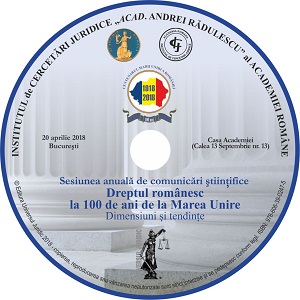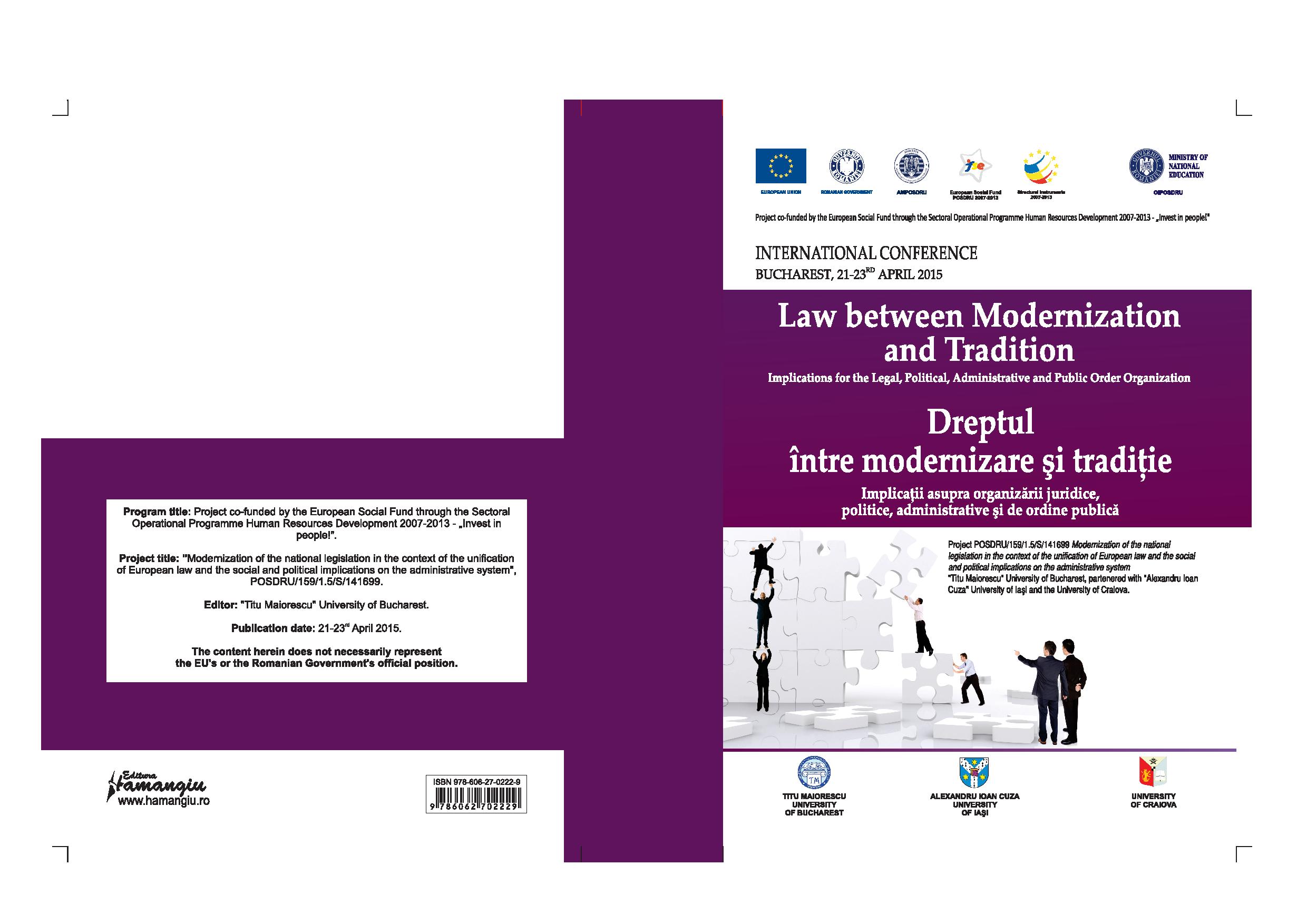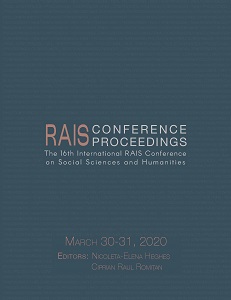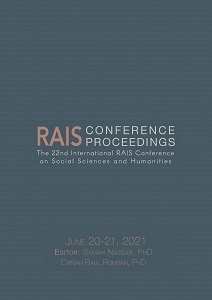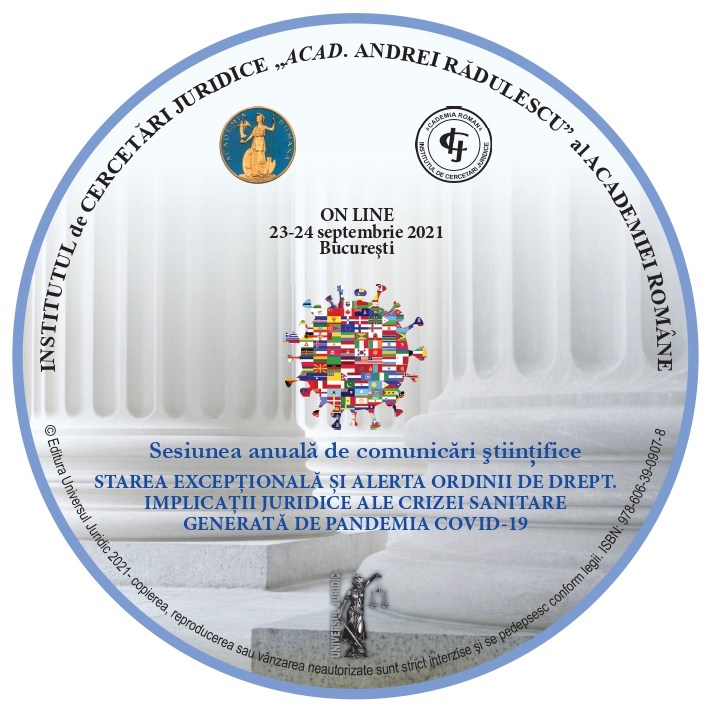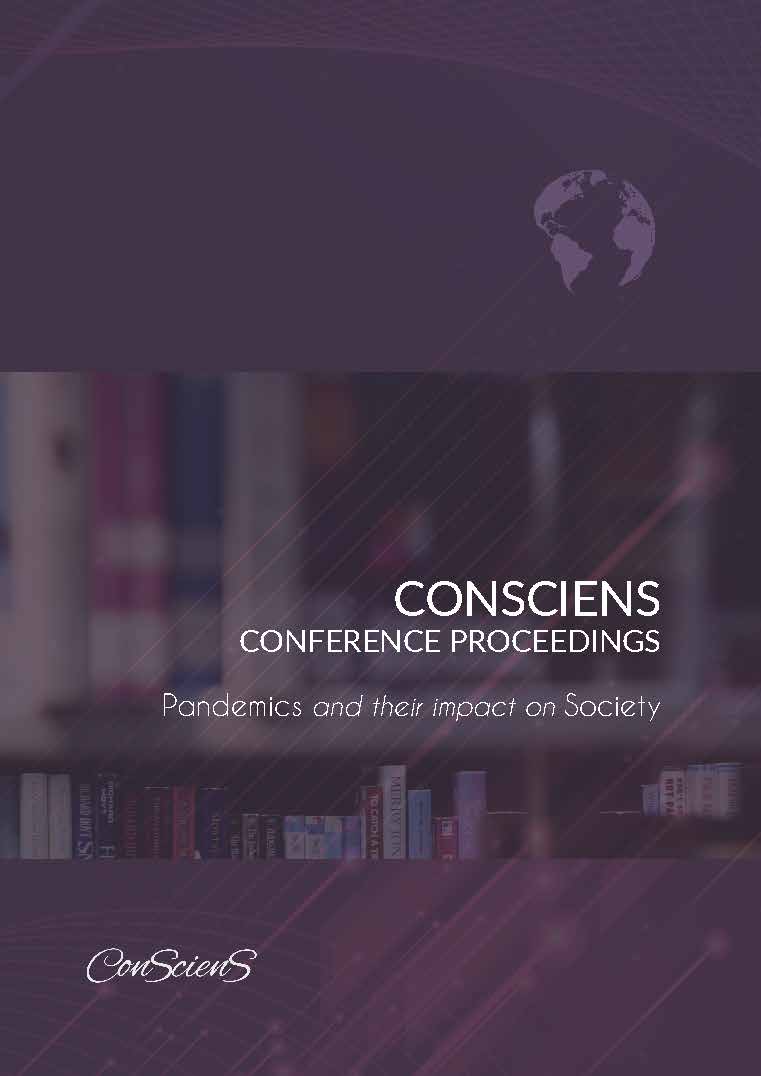About Adoption and People Who Can Adopt in Romania
Author(s): Ciprian Raul Romiţan / Language(s): English
/ Publication Year: 0
Keywords: adoption; internal adoption; international adoption; adoptee; adopter; filiation;
Although, in principle, any person can adopt and become an adoptive parent, regardless of their marital status (married or single), sex, race, nationality, etc., the Romanian legislation in this area establishes a series of requirements for this. For this purpose, the law on the legal regime of adoption stipulates that the persons or families wishing to adopt must fulfill the moral guarantees, as well as the material conditions necessary for the child’s raising, education and harmonious development. The fulfillment of the guarantees and conditions provided by law, as well as the existence of the parental skills, is certified by the general directorate of social assistance and child protection within the territorial area of which the adoptee or the adoptive family resides, by issuing a certificate following the evaluation performed according to the provisions of the adoption law. This study will analyze the requirements to be met by the persons or families wishing to adopt, namely: the age of the adopter, the full exercise capacity, the moral and material ability to adopt, the consent of the adopter and the consent of the adopter’s spouse.
More...
